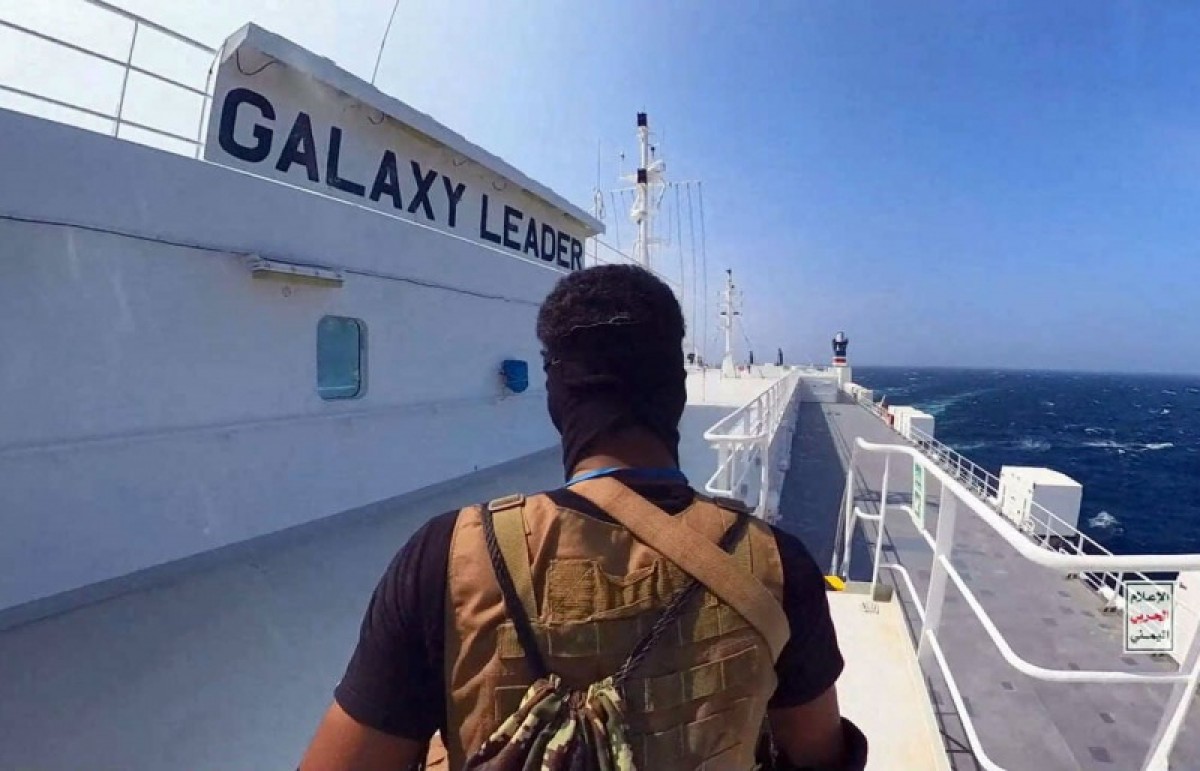The Southern Transitional Council offers its participation in protecting maritime navigation


The Southern Transitional Council, which is considered the most prominent force on the ground in southern Yemen, believes that it is directly concerned with the threat to maritime traffic in Yemeni territorial waters at the hands of the Houthi group, which controls the capital, Sanaa, and vast areas of the north of the country.< /p>
This is due to the vital interest that maritime transport movement represents for the areas subject to the Council, especially the city of Aden, which is considered one of the main stations for this movement.
The Council condemned in a statement the Houthis’ exposure to maritime traffic by seizing a cargo ship and threatening to continue targeting other ships that they say are linked to Israel.
The statement described what the Houthis did as “terrorist behavior,” saying that it directly threatens the food security of the population, “and threatens to double the economic and humanitarian crisis that the country is experiencing, and threatens international navigation and trade lines in Bab al-Mandab, the Gulf of Aden, and the Red Sea.”
He also affirmed the Council’s readiness “to work to secure the path of international navigation and deter Houthi terrorist behavior, by raising the readiness of the southern naval forces and working to develop them, in partnership with the Arab coalition countries and regional and international partners.”
Last week, the Houthis hijacked a commercial ship linked to an Israeli businessman in the Red Sea, days after they threatened to target Israeli ships.
They subsequently issued threats to “all ships belonging to the Israeli enemy or dealing with it, that they would become a legitimate target for the armed forces,” according to what was stated by their military spokesman, Yahya Saree.
The operation sparked widespread condemnation inside and outside the region. The United States said it is considering the possibility of once again classifying the Yemeni Houthis as a terrorist organization.
John Kirby: We have begun reviewing potential terrorist designations and will consider other options with our allies and partners as well
John Kirby: We have begun reviewing potential terrorist designations and will consider other options with our allies and partners as well
US National Security Council spokesman John Kirby said, “In light of the recent Houthi attacks on civilians and the piracy of a ship in international waters, we have begun reviewing potential terrorist designations and will consider other options with our allies and partners as well.”
The ship "Galaxy Leader", which was flying the flag of the Bahamas Islands, is managed by a Japanese company and belongs to a British company owned by Israeli businessman Avraham Rami Ungar.
On Monday, a new development emerged regarding the threats to maritime navigation in Yemeni waters, represented by signs of the return of outlaw gangs to the practice of maritime piracy, which several countries from inside and outside the region cooperated to confront and end, after the coasts of Somalia were It became its starting point during the first decade of the current century.
The US Department of Defense suggested that Somali pirates were behind the attempt to seize a commercial ship in the Gulf of Aden on Sunday.
Pentagon spokesman Brigadier General Patrick Ryder said, “We are continuing to evaluate, but initial indications indicate that the five individuals who attempted to hijack the ship are Somalis.” He added, “It is clear that the incident is related to piracy.”
A US Navy warship responded to a distress call from the commercial tanker “Central Park,” which was seized by gunmen. The US military said that the attackers were arrested and transferred to the ship “Mason”.